Olive oil plays a central role in promoting heart health, particularly within the context of the Mediterranean diet, which is renowned for its cardiovascular benefits. Rich in monounsaturated fats, olive oil helps to reduce levels of LDL cholesterol (often referred to as "bad" cholesterol) while increasing levels of HDL cholesterol (known as "good" cholesterol), thus contributing to improved cholesterol balance and overall heart health. Additionally, olive oil contains potent antioxidants, such as polyphenols, which have anti-inflammatory properties and help protect against oxidative stress, a key factor in the development of heart disease. The Mediterranean diet, characterized by high consumption of olive oil along with fruits, vegetables, whole grains, and lean proteins, has been associated with a reduced risk of heart disease, stroke, and other cardiovascular complications. Incorporating olive oil into daily cooking, salad dressings, and dips provides not only exquisite flavor but also significant cardiovascular benefits, making it a cornerstone of heart-healthy eating patterns.
Table of Contents
How Does Olive Oil Promote Heart Health?
Olive oil promotes heart health through several mechanisms:
- Monounsaturated Fats: Olive oil is rich in monounsaturated fats, particularly oleic acid. These fats help reduce levels of LDL cholesterol (the "bad" cholesterol) in the blood, while increasing levels of HDL cholesterol (the "good" cholesterol). Maintaining a healthy balance of cholesterol is crucial for reducing the risk of heart disease and stroke.
- Antioxidants: Olive oil contains powerful antioxidants, such as polyphenols and vitamin E, which help protect the body's cells from oxidative damage caused by free radicals. Oxidative stress and inflammation are key contributors to the development of heart disease, and the antioxidants in olive oil help combat these harmful processes.
- Anti-Inflammatory Properties: Chronic inflammation is linked to various cardiovascular conditions, including heart disease and atherosclerosis. Olive oil's polyphenols have anti-inflammatory properties that help reduce inflammation throughout the body, thereby lowering the risk of cardiovascular complications.
- Improving Endothelial Function: The endothelium is the lining of blood vessels, and maintaining its proper function is essential for cardiovascular health. Olive oil has been shown to improve endothelial function, promoting better blood flow and reducing the risk of blood clot formation and arterial plaque buildup.
- Blood Pressure Regulation: Studies suggest that olive oil consumption may help lower blood pressure, a significant risk factor for heart disease and stroke. The monounsaturated fats in olive oil contribute to improved blood vessel function and flexibility, leading to better blood pressure regulation.
How To Use Olive Oil To Keep Your Heart Healthy?
To maximize the heart-healthy benefits of olive oil, consider incorporating it into your diet in the following ways:
- Use it as a Cooking Oil: Olive oil is suitable for light sautéing, roasting, and baking due to its moderate smoke point. Use it to cook vegetables, fish, poultry, and other foods to add flavor and moisture while minimizing the need for additional fats.
- Make Homemade Salad Dressings: Create delicious and heart-healthy salad dressings by combining extra virgin olive oil with vinegar or citrus juice, herbs, and spices. Drizzle the dressing over mixed greens, vegetables, and grains for a nutritious and flavorful salad.
- Dip with Whole Grain Bread: Enjoy olive oil as a dipping sauce for whole grain bread or baguette slices. Mix extra virgin olive oil with balsamic vinegar, garlic, herbs, or spices for a flavorful dip that pairs well with bread and appetizers.
- Use it in Marinades: Marinate meats, seafood, tofu, and vegetables in a mixture of olive oil, herbs, garlic, and lemon juice before grilling, broiling, or baking. The olive oil helps tenderize and flavor the food while enhancing its nutritional value.
- Drizzle Over Cooked Foods: Finish cooked dishes with a drizzle of extra virgin olive oil to add richness, flavor, and healthy fats. This works well with soups, stews, pasta dishes, grilled vegetables, and roasted meats.
- Replace Butter or Margarine: Substitute butter or margarine with olive oil in recipes for baked goods, such as muffins, cakes, and quick breads. Olive oil adds moisture and richness to baked goods while providing heart-healthy fats.
- Blend into Smoothies: Add a tablespoon of extra virgin olive oil to fruit or vegetable smoothies for a boost of healthy fats and a creamy texture. The mild flavor of olive oil blends well with a variety of smoothie ingredients.
- Use it as a Condiment: Drizzle extra virgin olive oil over cooked dishes, such as pasta, pizza, risotto, or grilled vegetables, just before serving. The oil enhances the flavor of the dish while providing beneficial nutrients.
How Is Olive Oil Used In Mediterranean Cuisine?
The Mediterranean perspective of using olive oil emphasizes its central role in promoting health and culinary enjoyment within the context of the Mediterranean diet, a dietary pattern traditionally followed in countries bordering the Mediterranean Sea. In Mediterranean cuisine, olive oil is not just a cooking ingredient but a fundamental component of meals, revered for its rich flavor, versatility, and numerous health benefits. Here are key aspects of the Mediterranean perspective on olive oil:
- Culinary Staple: Olive oil serves as a primary source of fat in Mediterranean cooking, replacing other fats like butter, margarine, and lard. It is used generously in various culinary applications, including cooking, salad dressings, dips, marinades, and finishing drizzles.
- Heart-Healthy Benefits: Olive oil is prized for its heart-healthy properties, attributed to its high content of monounsaturated fats, particularly oleic acid. The Mediterranean diet, which includes abundant consumption of olive oil, has been associated with reduced risk of heart disease, stroke, and other cardiovascular conditions.
- Antioxidant Richness: Extra virgin olive oil, in particular, is valued for its abundance of antioxidants, such as polyphenols and vitamin E, which help protect against oxidative damage and inflammation. These antioxidants contribute to the overall health-promoting properties of olive oil.
- Flavor Enhancer: Olive oil adds depth, richness, and complexity to Mediterranean dishes, enhancing their flavor and aroma. It is celebrated for its fruity, peppery, and sometimes slightly bitter taste, which varies depending on factors such as olive variety, ripeness, and processing methods.
- Cultural Heritage: Olive oil holds cultural significance in Mediterranean countries, where it has been cultivated, produced, and consumed for centuries. Its use is deeply ingrained in culinary traditions, family recipes, and cultural rituals, symbolizing both nourishment and conviviality.
- Moderate Consumption: While olive oil is a key component of the Mediterranean diet, moderation is still emphasized. Rather than excessive consumption, the focus is on using olive oil in balance with other nutritious foods, such as vegetables, fruits, whole grains, legumes, nuts, seeds, and seafood.
- Sustainability: The Mediterranean perspective on olive oil extends beyond its health benefits to encompass environmental sustainability and respect for the land. Traditional methods of olive cultivation and production are valued for their connection to the land, biodiversity, and cultural heritage.

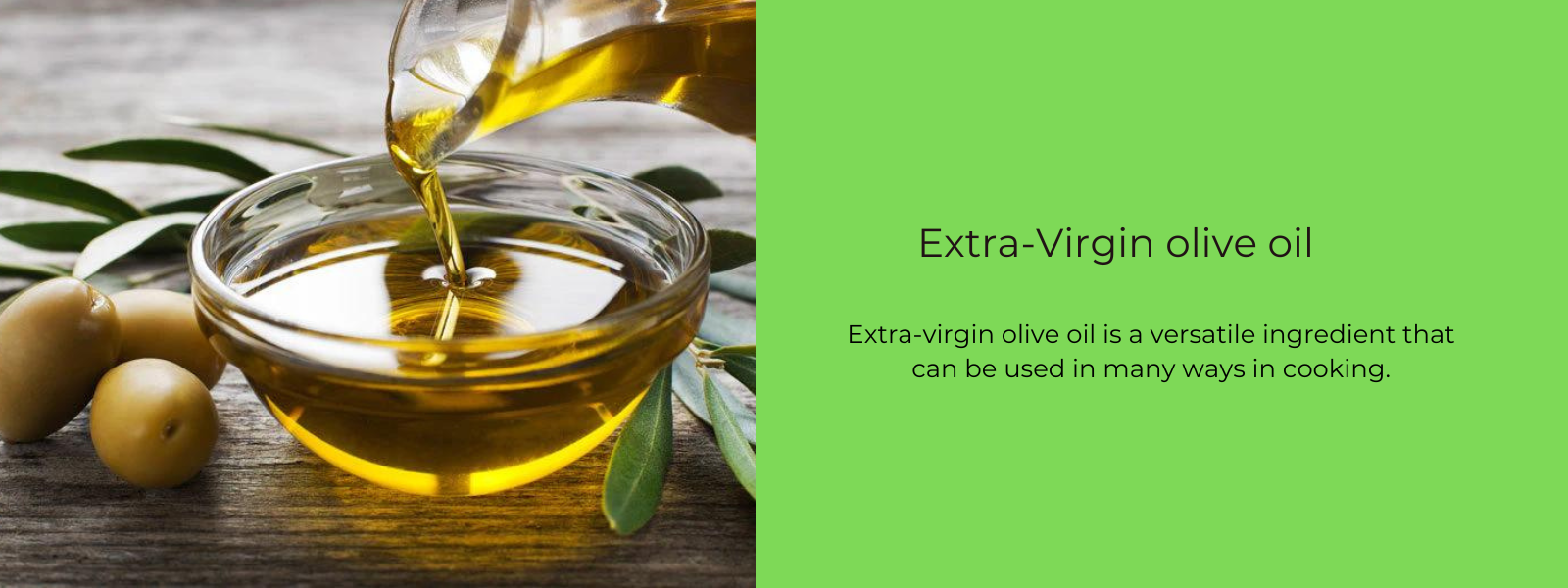
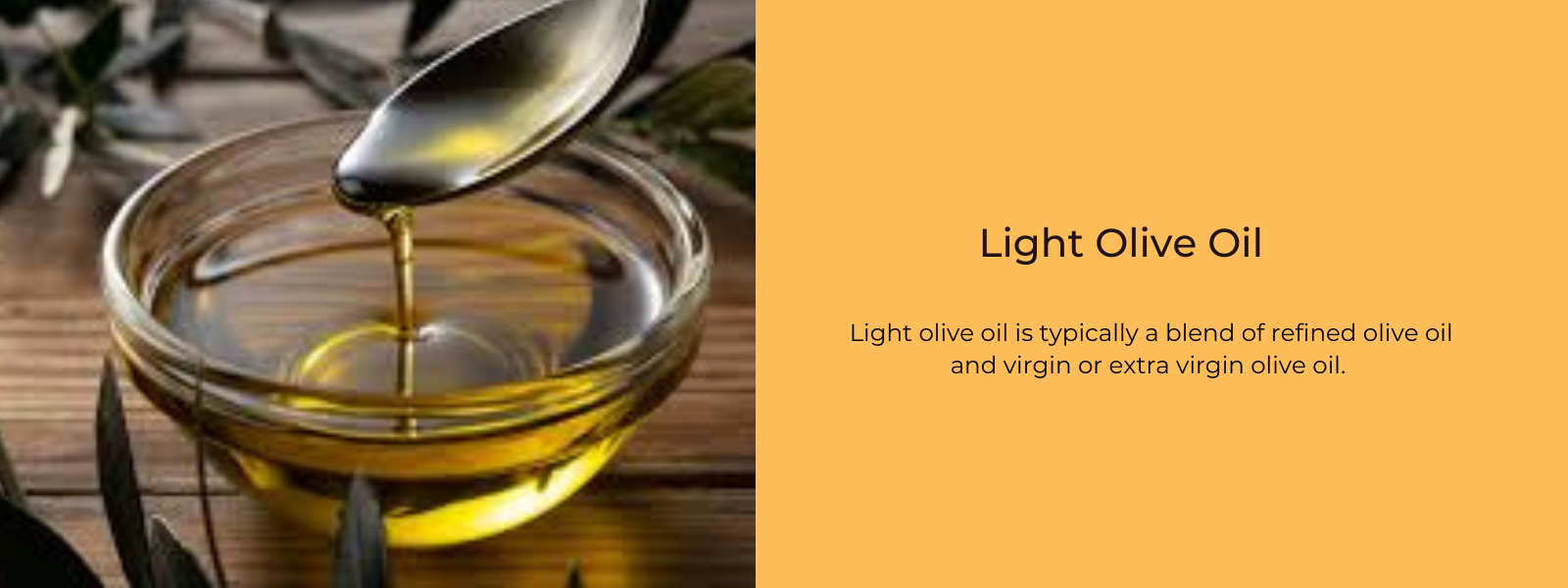
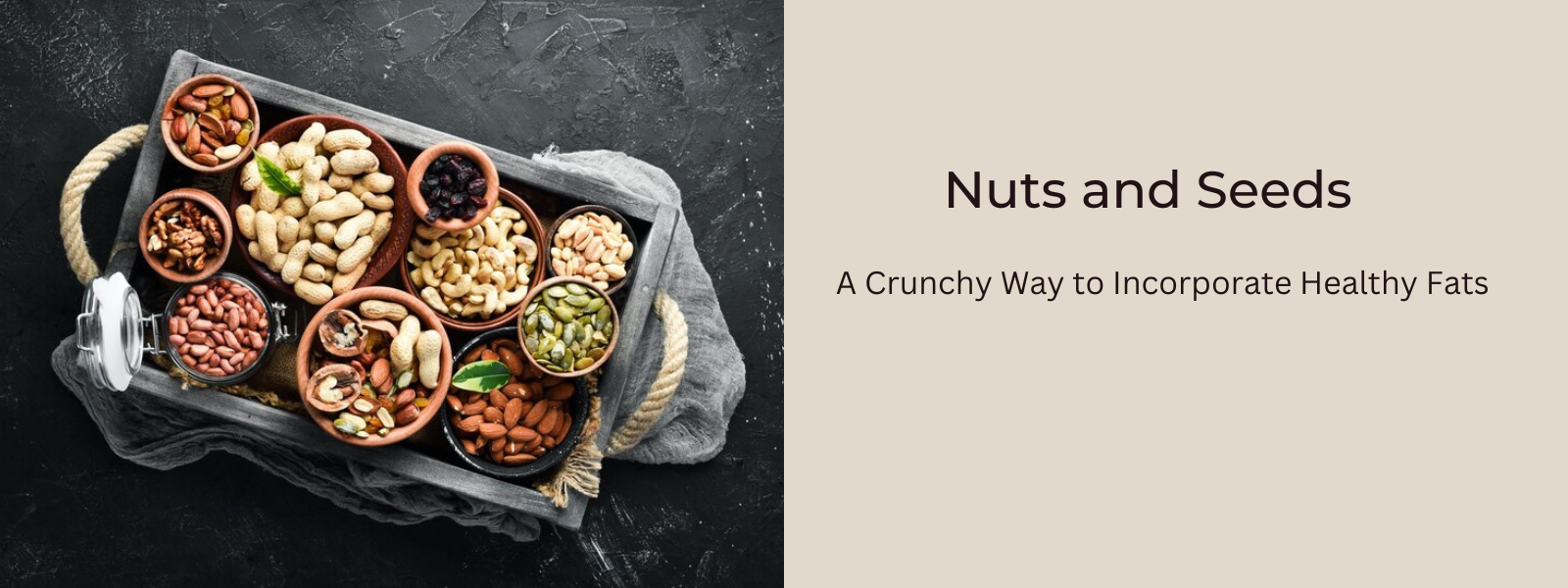

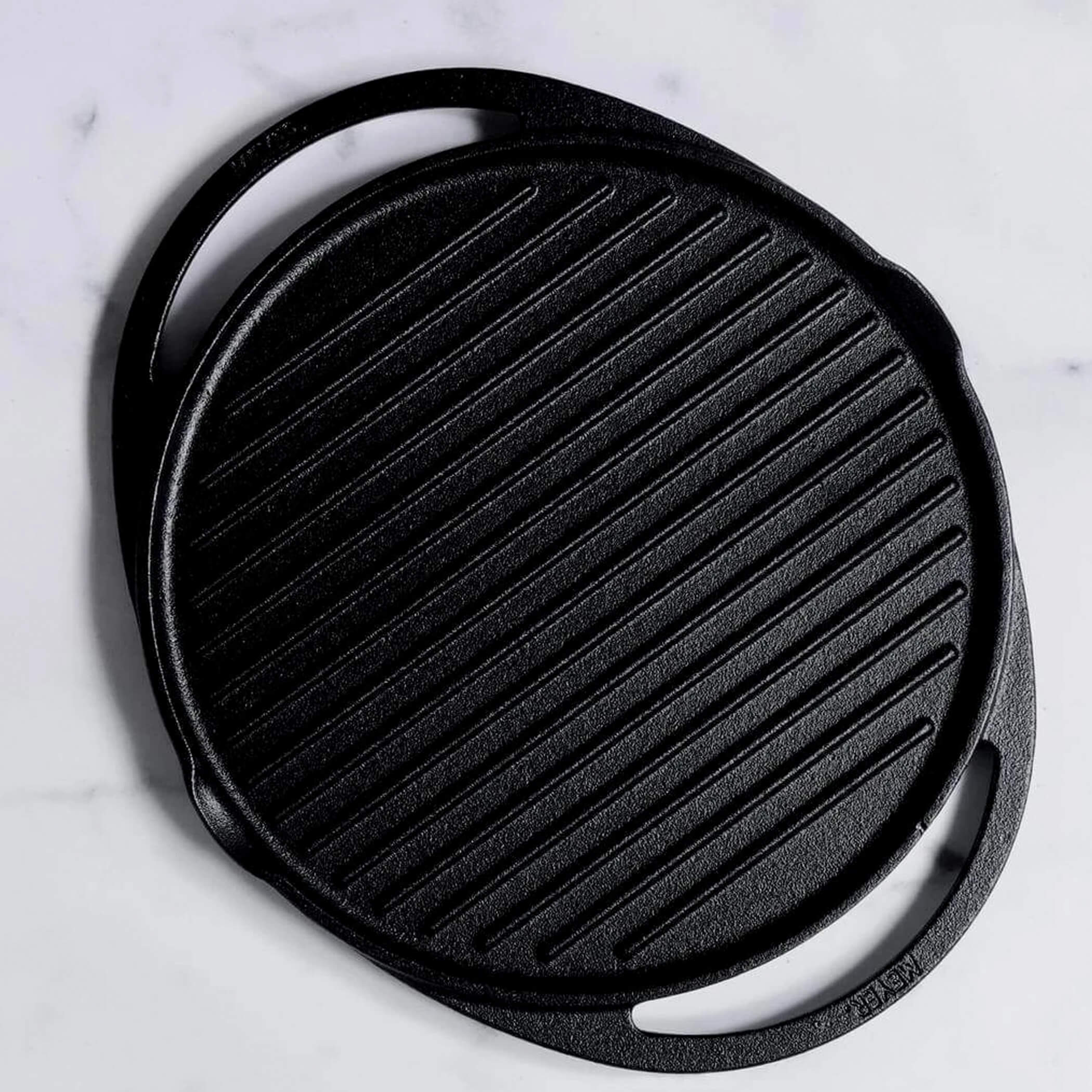
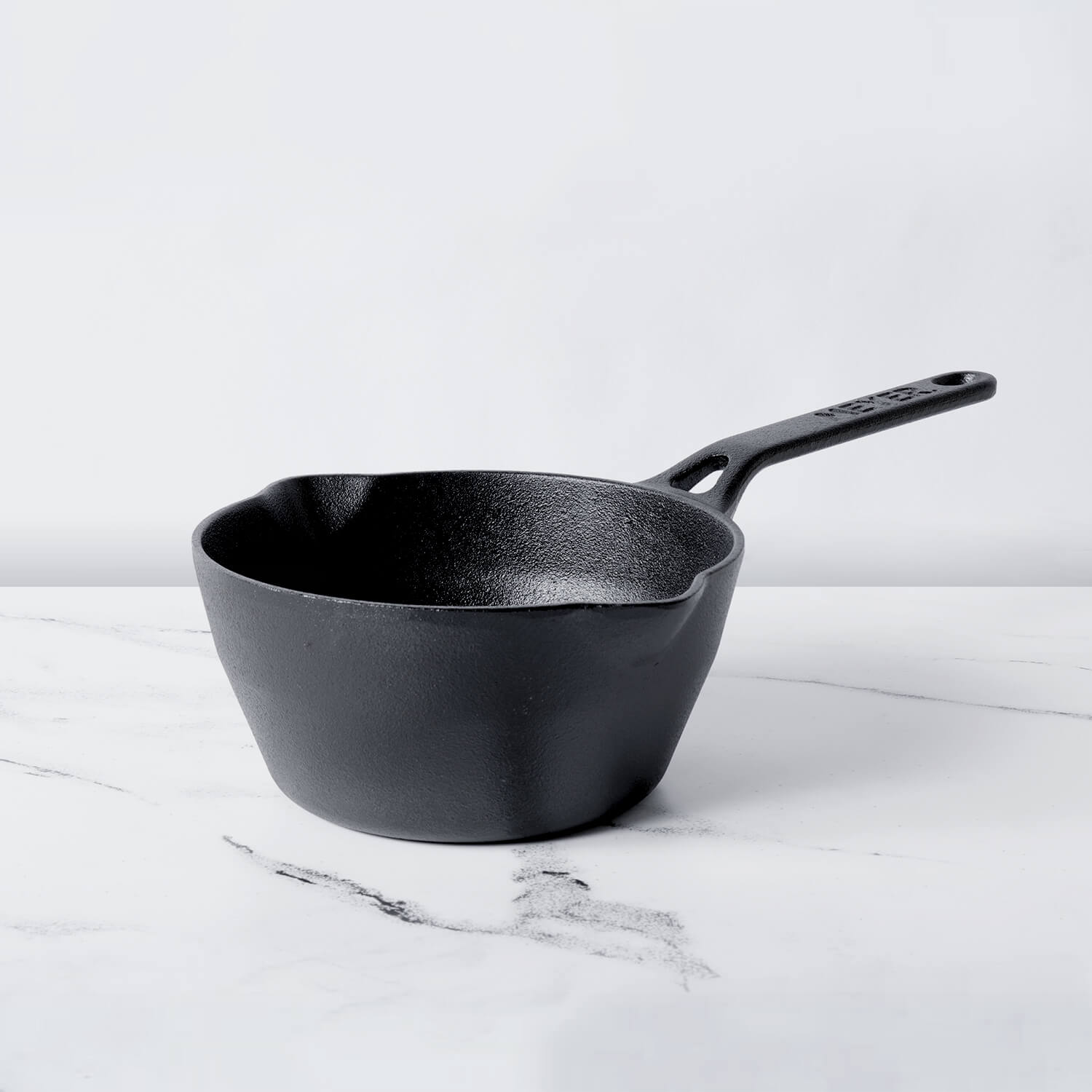




Leave a comment